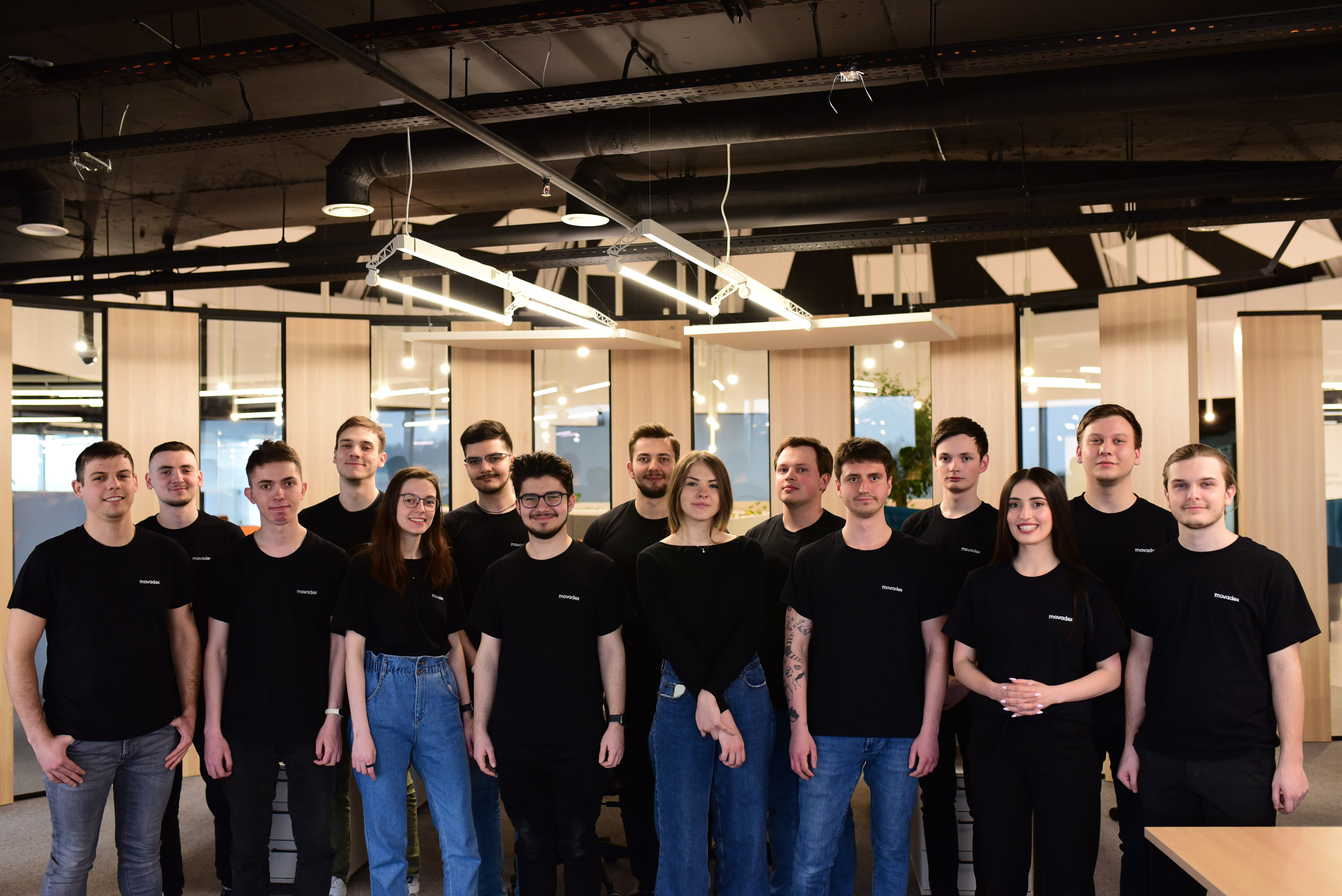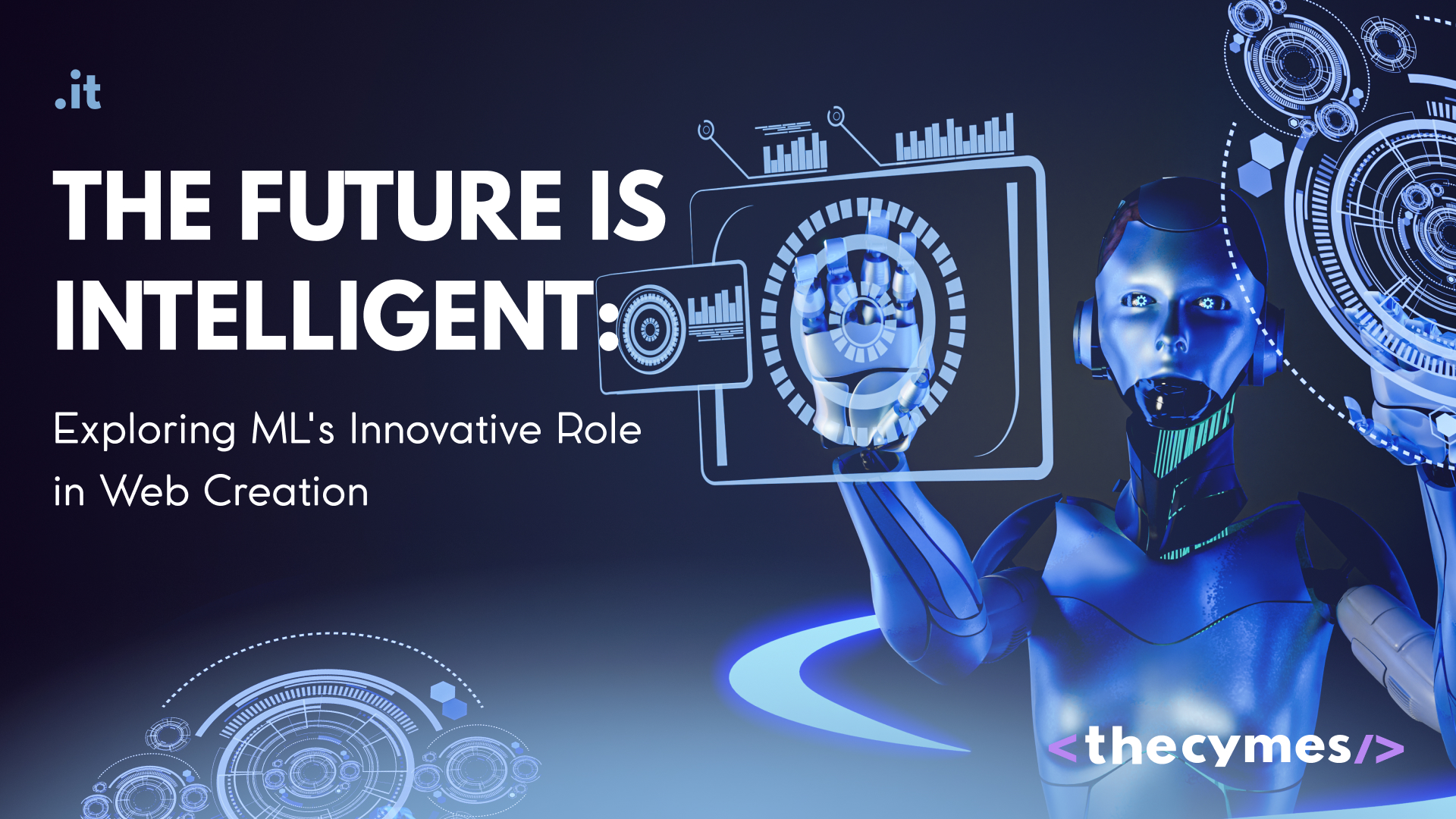.it/tech28 November 12:28
0<
Tech Talk: CEO of Movadex Shares Insights on Emerging Software Technologies
/>Discover Movadex, a software design and development company revolutionizing the industry with innovative and transparent solutions. Explore the importance of staying ahead in the tech industry, Movadex's approach to embracing emerging software technologies, and valuable insights on AI, IoT, blockchain, edge computing, cybersecurity, sustainable and ethical tech, and remote work technologies. Stay informed and adapt your business strategy to thrive in the ever-evolving world of software technology. be updated on the latest tech newsGet exclusive news updates and overview on tech market




